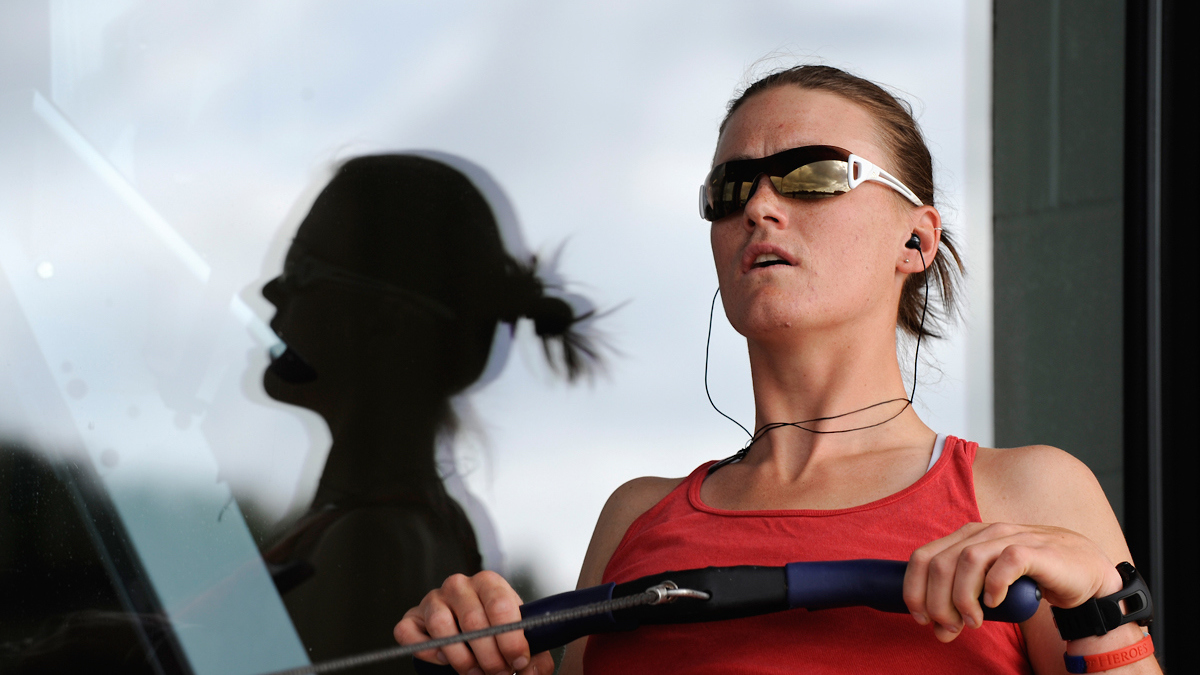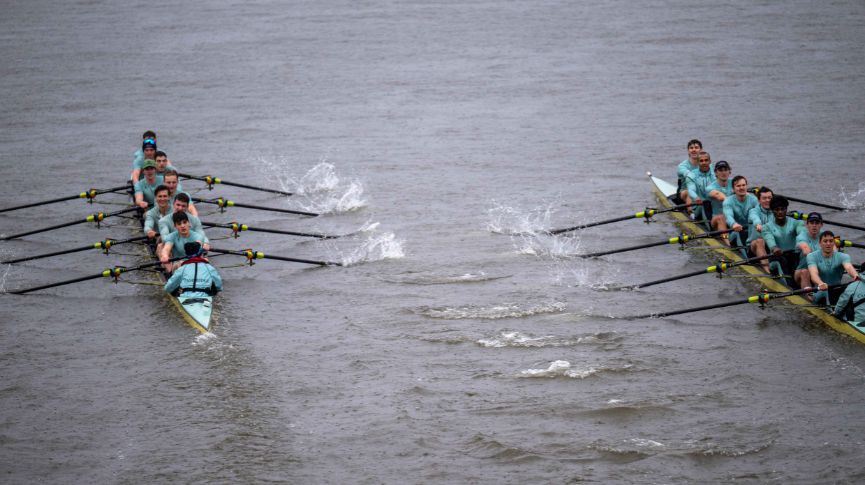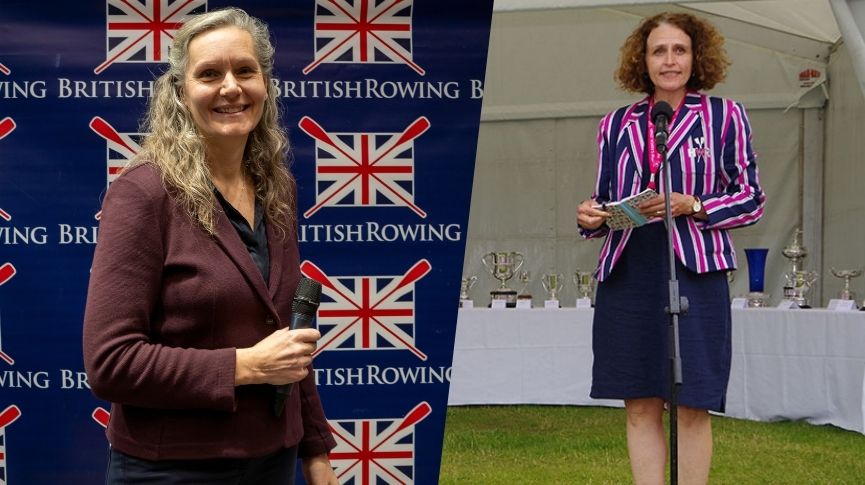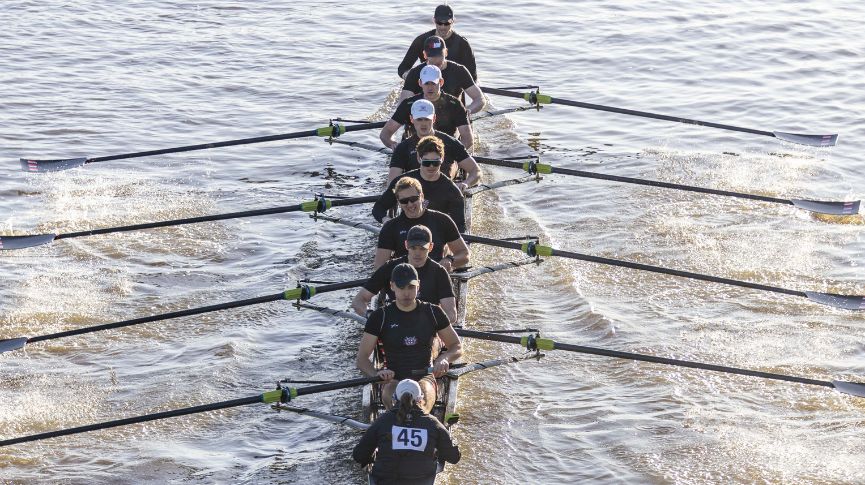‘When I was in Afghanistan, Robin told me not to come back hating the rowing machine’
Heather Stanning explains how she kept herself motivated to train in even the toughest of circumstances

Heather Stanning on a rowing machine in Caversham (Peter Spurrier/Intersport-images)
Love them or hate them, rowing machines are a vital part of any rower’s training – especially if you’re based in the middle of the desert.
Admittedly, this isn’t a situation that many recreational rowers find themselves in for any period of time, but for recently retired double Olympic Games gold medallist Heather Stanning this was the reality in 2013.
Stanning, now a Major in the Royal Artillery, undertook a tour of duty in Afghanistan with the Army after London 2012, meaning access to a 2km rowing lake was not an option.
Instead she had the trusty rowing machine on the camp in Helmand Province. While her Army job was her main concern, Stanning wanted to keep in rowing shape, with an eye on returning for the Rio 2016 Games.
But how did she keep herself motivated to continue training alongside her daily duties?
“I remember when I was in Afghanistan, Robin told me not to come back hating the rowing machine because it’s such a vital tool for training,” Stanning said, speaking at the British Rowing Universities Conference, sponsored by Janousek & Stampfli Racing Boats.
“It was pretty much the only thing I could train on when I was out there, though. If I didn’t want to do a erg session one day I’d thrash myself on the cross-trainer or do something on a bike. I’d still get the training value, but it’s doing something different. That meant I came back and was excited to get back to the erg and train.”
Even if you’ve got the time to train alongside your job, it doesn’t always mean that you always want to head down to the gym or get out on the water.
Elite British rowers give their thoughts on rowing machines
Finding that motivation to train when your mind and body is telling you ‘no’ is often what separates elite athletes from recreational ones, but Stanning says mixing your routine up during the week can help alleviate this problem.
“Having short-term goals helps. There was an eight-month period prior to making the squad where I really struggled. Then it was about having real short-term goals, for example ‘this week I’ve got to do this many sessions’,” she said.
“Ideally I’d get up early in the morning and stay late in the evening, but if I couldn’t or there came a time where I thought I don’t want to do that, I had to do something different; something I’d enjoy.
“The motivation is still to go to the gym, but if I don’t want to do that rowing machine piece I’ll do something else; making sure that by the end of the week I’d done all the things that I needed to. You need to be a bit rigid and disciplined [in your training] but giving yourself a bit of flexibility to enjoy it is important.”
Find out how to perfect your rowing machine technique on our indoor rowing pages






